 |  |  |
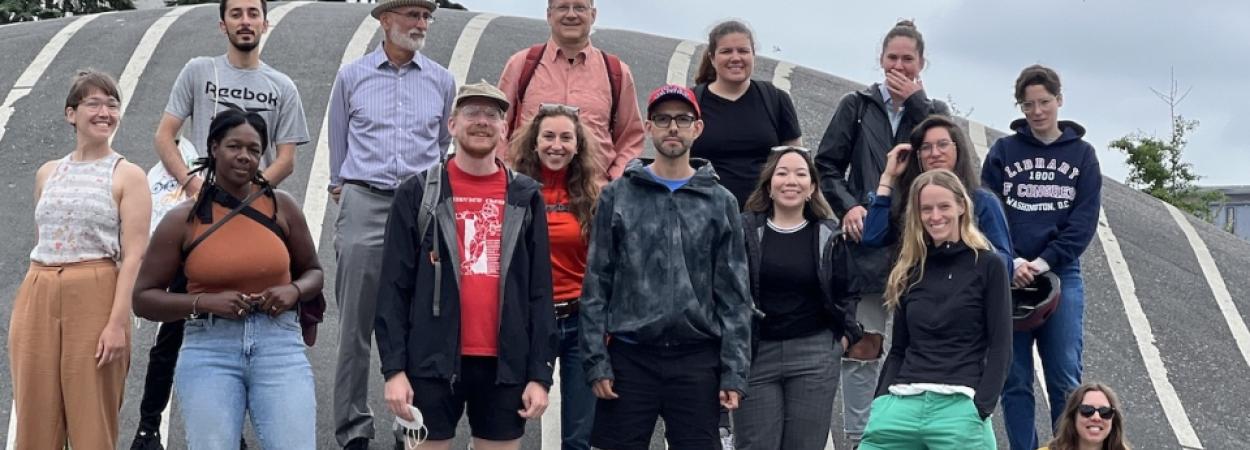
Since 2011, Portland State University and the Initiative for Bicycle and Pedestrian Innovation have offered a unique opportunity to students: a two-week study abroad course that introduces participants to cities with stellar bike cultures. In past years, classes have explored the Netherlands. This year’s class of fourteen students, led by Professor John MacArthur and supported by funding from the Scan Design Foundation, explored Denmark. See photos from the trip.
Students chose to go on the trip because they knew of the countries’ renown as excellent places to cycle and wanted to learn new strategies that they could bring back to the US. Melissa Kostelecky, a PSU student pursuing a Graduate Certificate in Sustainable Transportation, was inspired to take the tri…
Read More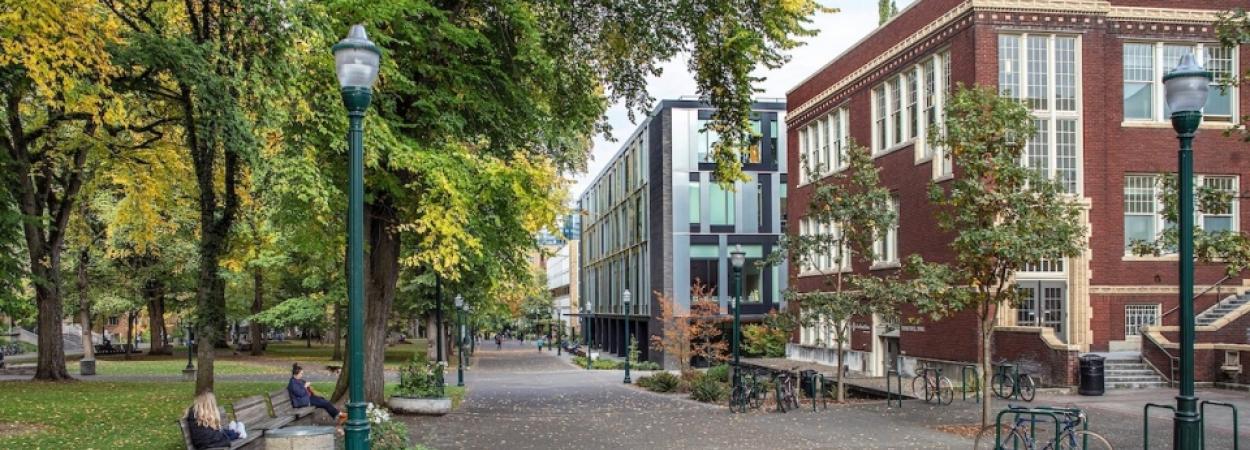
Classes begin Tuesday, September 26 for the 2023 Fall term at Portland State, and there are some great courses this term for transportation professionals, including a unique "research into comics" seminar (read more about how this class relates to transportation!). Lifelong learning is a guiding principle of PSU, and anyone interested can take courses through the non-degree application process or as a post-baccalaureate student. Taking a course can be a good way to see if one of our graduate degree programs is right for you. Check out the course offerings below to see what's available this fall.
Non-degree or non-PSU students s…
Read More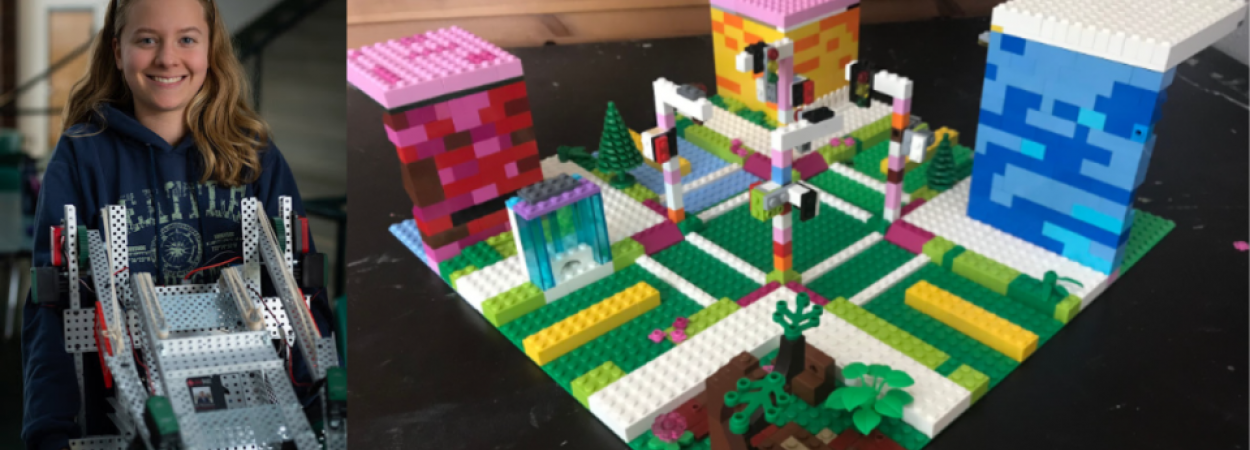
Since 2016, the Transportation Research and Education Center (TREC) at Portland State University has hosted a free transportation summer camp for high school students. Isa Swain, an incoming sophomore in civil engineering at Portland State University, exemplifies why TREC engages in K-12 education: students' interest in transportation doesn't have to wait until the university. After attending the summer camp in 2020, Swain came to PSU to study civil engineering last year and is now on track to become a transportation professional. She also served as a camp counselor for this year's cohort of students. We interviewed Isa to get her perspective on the PSU summer camp and what it offers to students.
The 2023 transportation summer camp was held last month, with activities including bike tours, a jet boat tour, an exploration of the inside of a couple of Portland's bridges, a bridge-building contest, and of course the…
Read More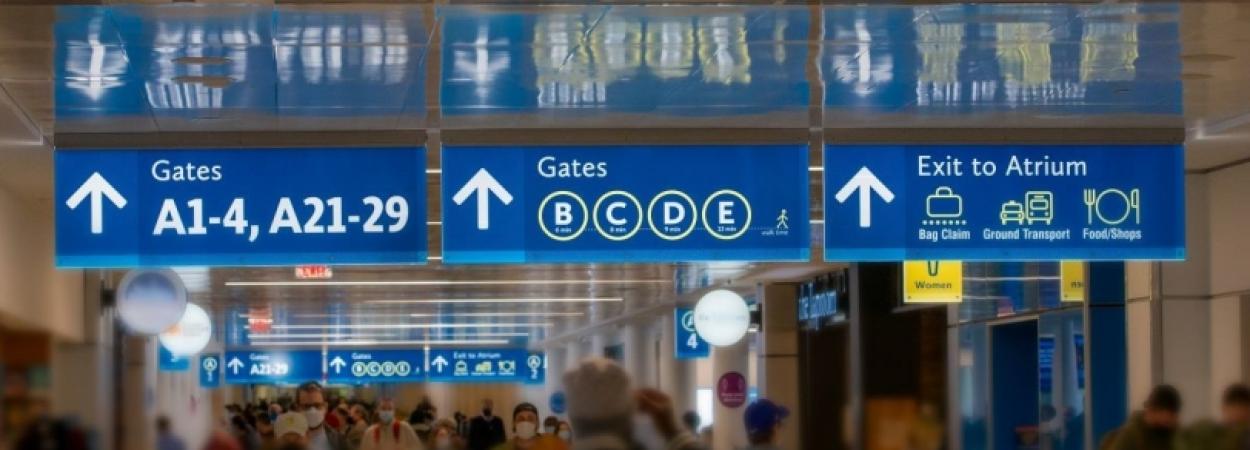
In recent years, there has been an increase in the number of people experiencing unsheltered homelessness in the United States. People who are in this situation have nowhere to go at night or during bad weather, except places not designed for humans to sleep: like a car, park, abandoned building, bus or train station, airport, or rest area. Because airports tend to have amenities like public bathrooms and sheltered rest areas, many airports are struggling to respond to the rise in homelessness. A new report from the Airport Cooperative Research Program (ACRP), Strategies to Address Homelessness at Airports, explains what airports, specifically, can do to mitigate the impacts of this crisis. Researchers at TREC worked with PSU's Homelessness Research and Action Collaborative (HRAC) on the project, led by the Cadmus Group.
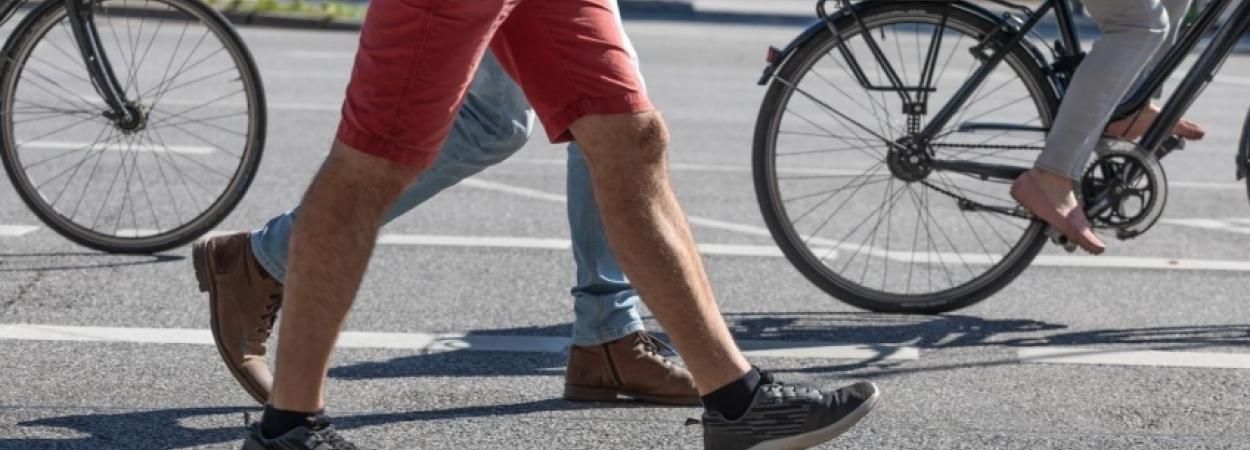
As a social determinant of health, transportation significantly contributes to people's well-being. Walkable, bikable, transit-oriented communities are associated with healthier populations. People in such communities are more physically active, less likely to be injured due to a crash, and less exposed to air pollution.
Because of these and other factors, researchers and practitioners have called for health indicators as one way to integrate public health concerns into transportation decision-making. However, it is unclear how indicators are actually being used and what their impact is on policy.
Research conducted by Kelly Rodgers, a National Institute for Transportation and Communities (NITC) Dissertation Fellow, explored how health-related indicators are being used in municipal transportation plans, whether they are institutionalized into transportation agency decision-making processes, and what influence they have on administrative decision-making.…
Read More